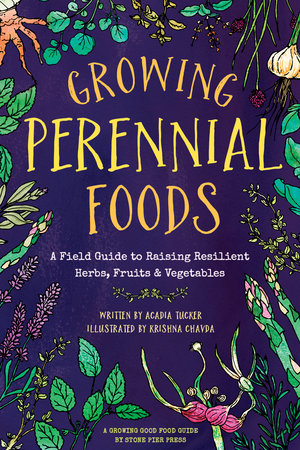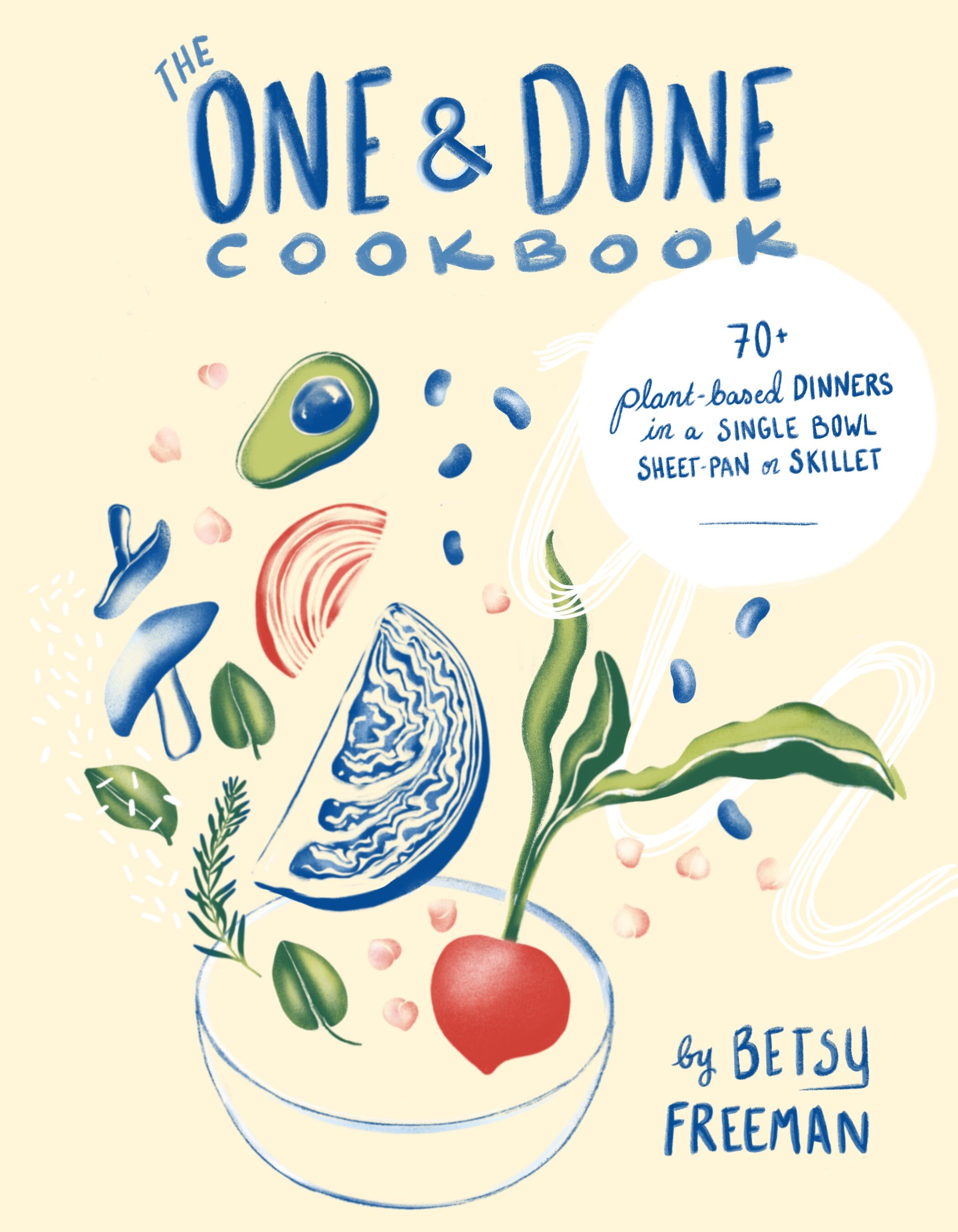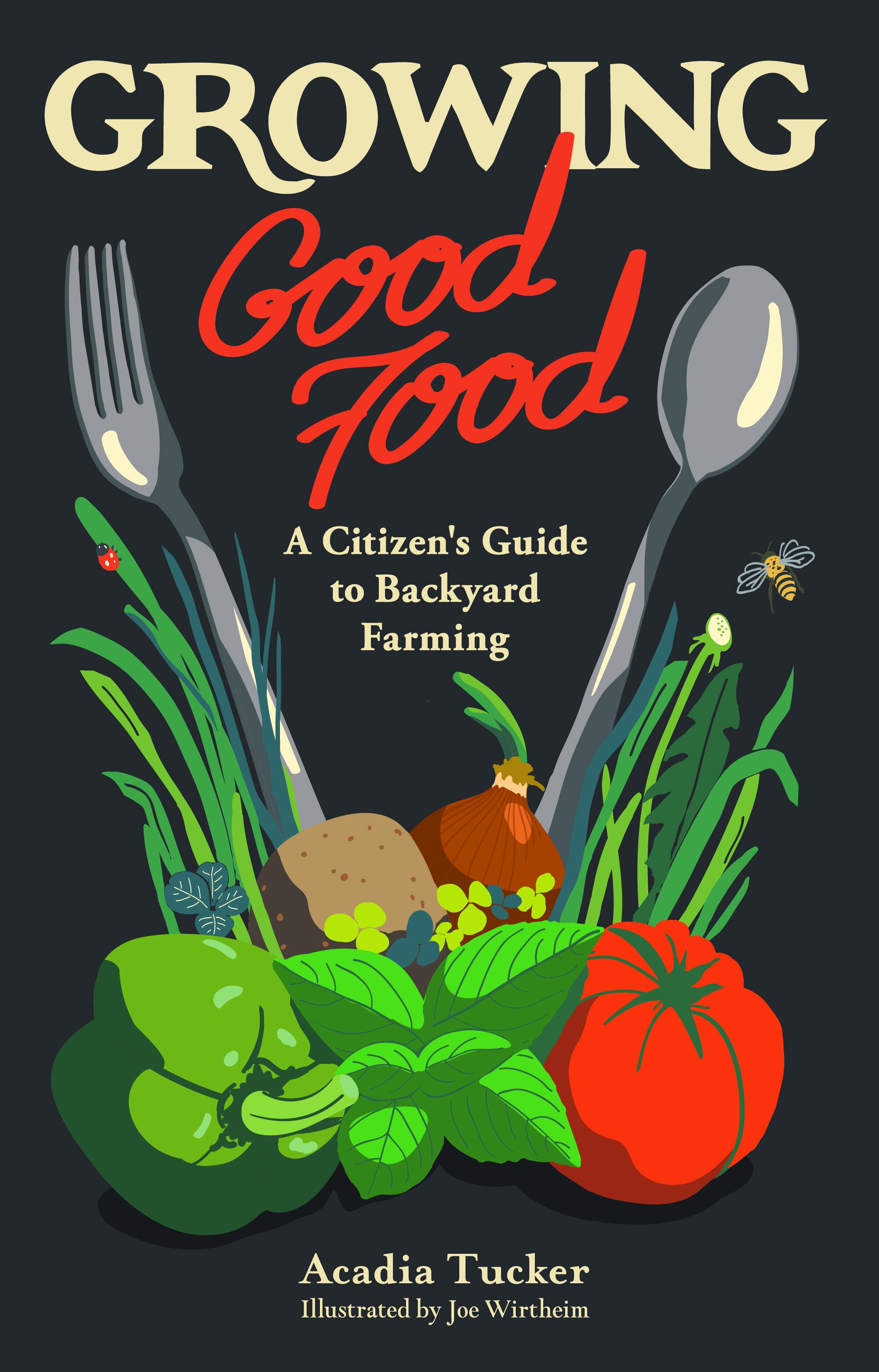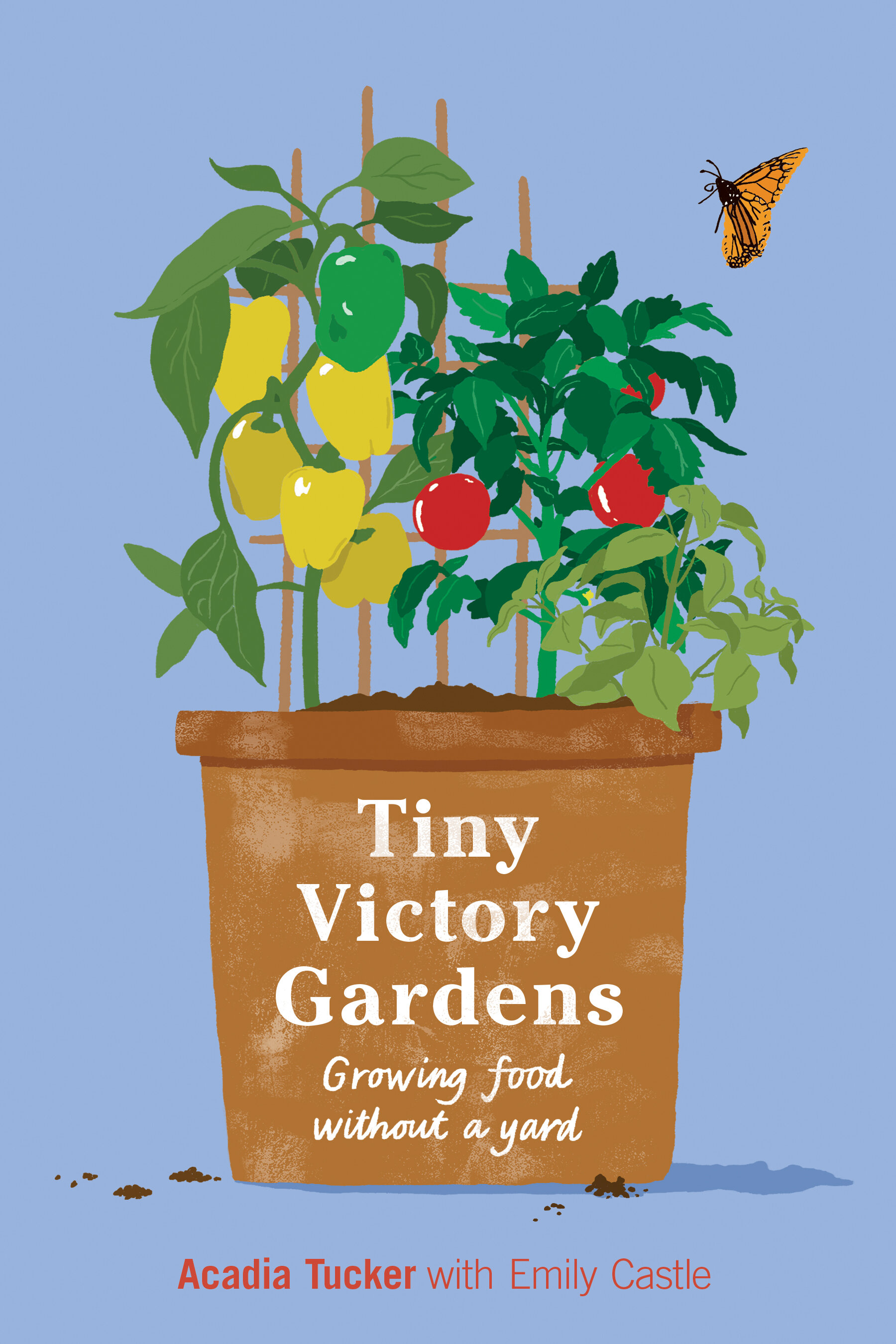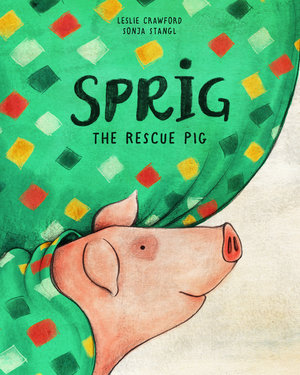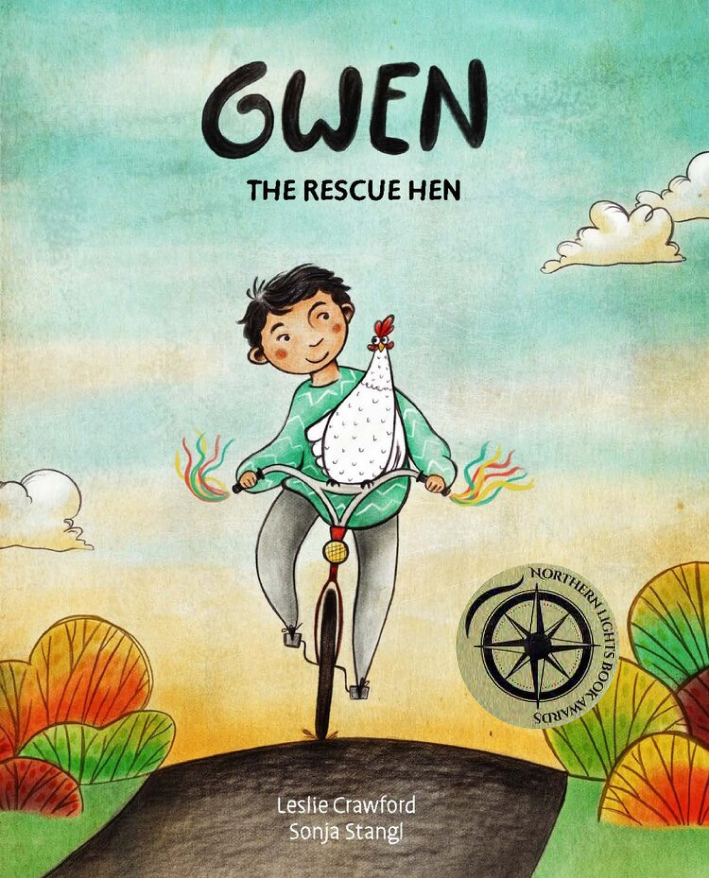Can a chicken nugget revolutionize eating?
Could this plant-based “chicken” nugget from Seattle Food Tech be the future of institutional food? Source: Seattle Food Tech
When you consider hospital meals, mess halls, and school cafeterias, what comes to mind? Mystery meat slop? Overcooked peas? A jiggly neon jello cup?
“If there’s one thing I wish we had that could change the way people think about plant-based foods, it’s a better chicken nugget.”
It is the very bleah nature of institutional food that gets plant-based nutritionists like Kristie Middleton excited. Not only do institutions often miss the mark on taste and nutrition, but the focus on convenience and scale offers a chance to change the way people think about food on a grand scale. “To inspire change on a large level,” she says, “we should be working with the institutions where people enjoy their meals on a daily basis.”
In her role as managing director at HSUS, she has done just that, working with food service professionals to help reduce meat purchases and incorporate more plant-based options into their menus. Among her tactics, making sure plant-based foods taste delicious and aren’t labeled vegan, “which tends to turn people off.” She also actively longs for the day there’ll be a better chicken nugget. Yes, you heard that right.
"If there's one thing I wish we had that could change the way people think about plant-based foods,” says Middleton, “it's a better chicken nugget."
Turning Chicken Nuggets into a Game changer
“If you’re serving chicken nuggets, then serve plant-based chicken nuggets instead. They’re better for the environment, they’re better for your health, and they’re better for the animals.” Christine Lagally, CEO of Seattle Food Tech. Source: Seattle Food Tech
Chicken nuggets have the potential to be game-changers because they have broad appeal, are convenient, and make up a significant portion of the chicken we consume. We eat a lot of chicken. This year Americans will eat a record 93 pounds per person, according to the USDA. A good plant-based nugget could save a lot of chickens, thinks Middleton, by bringing around more people to thinking plant-based is an okay way to eat. It’s one reason she recently became Vice President of Business Development at Seattle Food Tech, a start-up focused on creating marketable plant-based meat alternatives.
Seattle Food Tech is among several companies working to create delicious meat-free alternatives made entirely out of plants. What makes the company different is that it’s the only one with its sights set on the humble nugget. Founder and CEO Christine Lagally thinks it can be a meaningful way to make a dent in the nine billion chickens killed every year. “Chicken is very efficient, but I saw a lot of the direct impact of abuse of animals,” Lagally a former aerospace engineer, told Tech Crunch. “In Washington State I saw chickens go up and down the highway every morning to my trip to Boeing. As someone who cares about animals, I felt that I needed to do something. We’ve never really been able to control the meat industry in terms of pollution runoff, and we’re barely making inroads on health claims.”
“ If successful, Seattle Food Tech could help change the amount of meat that’s consumed each year in the U.S.—103 billion pounds compared to the 120 million pounds of similar, plant-based products.”
The chicken nugget she’s producing is wheat-based, can be produced in mass quantities thanks to automated production, and costs and tastes the same as a nugget produced by Tyson. It also has more protein per gram than chicken.
The company plans to place its meatless products in institutions such as hospitals and universities, rather than sell it in grocery stores, because it’ll have a bigger impact. “Anywhere they serve chicken nuggets, they can serve our products,” Lagally says.
Middleton has already partnered with the nation’s biggest school districts including Los Angeles, Detroit, and Boston, and major food companies to implement plant-based initiatives such as Meatless Monday. “Schools feed 32 million children daily,” she notes. “It’s important to work with them, because not only can we have a direct impact on the meals our children are eating to help make them more nutritious, more sustainable, and more humane, but we can influence their eating habits for years to come to be more open to eating plant-based foods.”
Middleton, who cites the inhumane treatment of animals as her reason for pushing plant-based foods, has seen the benefit of creating meals that people don’t realize are meatless. “We provide our institutional partners an experience in creating delicious foods that none of their guests will know, or care, are plant-based,” she says, like eggplant parmesan, Thai curries, and mushroom Wellington. “If the food is delicious, convenient, and priced comparative to their customary offerings, people will eat it and love it.”
Kristie Middleton has worked with schools and hospitals for years in helping to implement plant-based meals in their cafeterias (and with great success!). Source: Seattle Food Tech
The chicken nugget of Middleton’s dreams is ready to roll out very soon, first to select institutional partners and then in huge quantities, once Seattle Food Tech has its full scale production plant in place. If successful, Seattle Food Tech could help change the amount of meat that’s consumed each year in the U.S.—103 billion pounds compared to the 120 million pounds of similar, plant-based products. For Lagally it’s a no-brainer.
“If you’re serving chicken nuggets,” she says, “then serve plant-based chicken nuggets instead. They’re better for the environment, they’re better for your health, and they’re better for the animals.”
Sophie Nau is a Stone Pier Press News Fellow.




